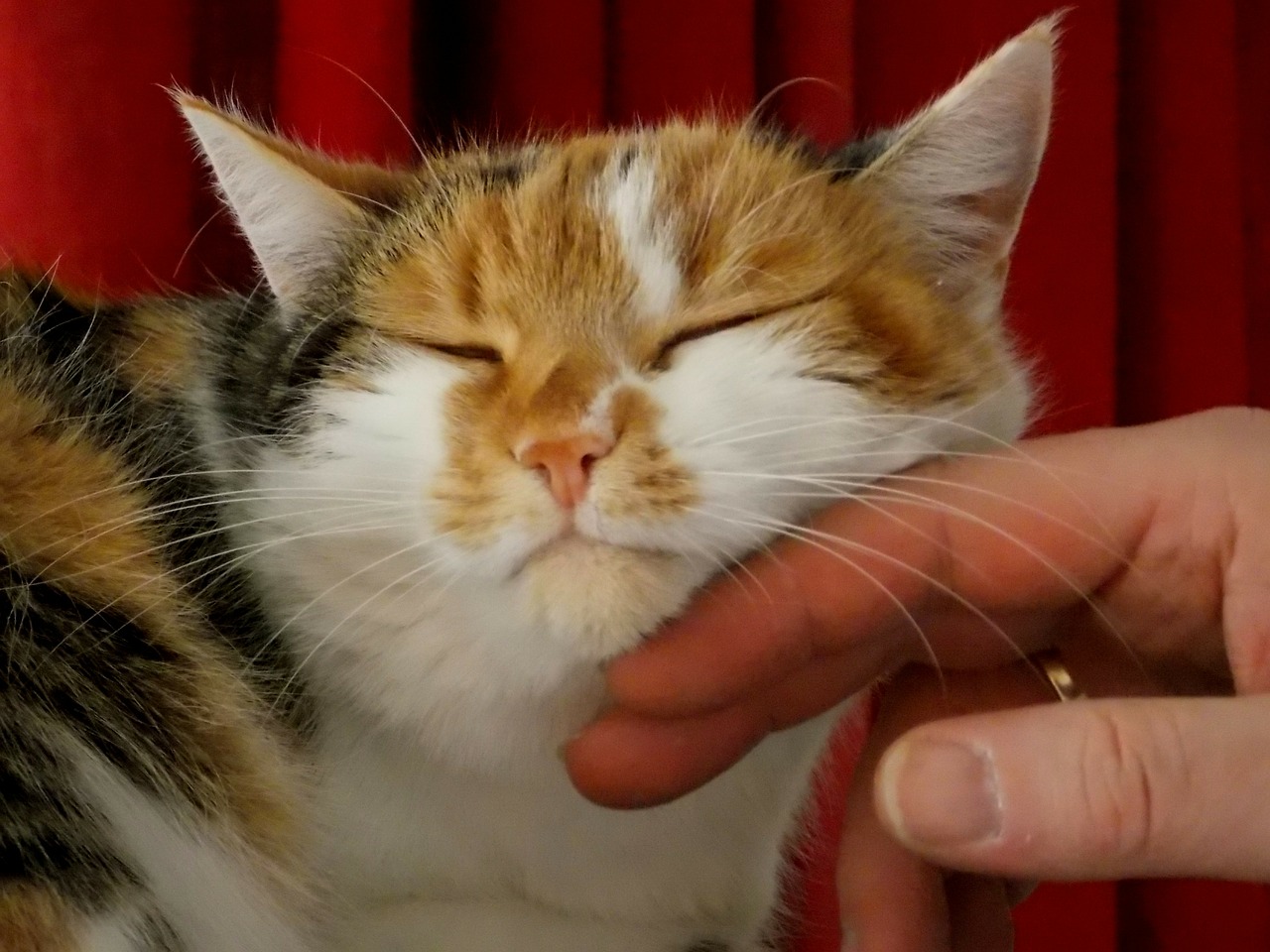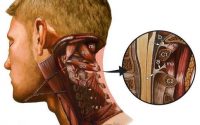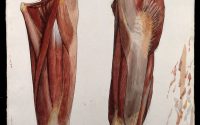Physiological responses of manual therapy revealed in animal models
Manual therapy has been known to have positive impacts on various conditions. Trials were usually carried out to find out if a treatment is effective for a specific condition. To understand the mechanism of how manual therapy works and looked at the physiological and biological responses of massage, researchers have used animals as a model. Manual therapy such as stretching, massage, joint mobilisation or manipulation were performed or simulated on animals. The benefit of using animals over humans is that specific physiological responses can be analysed.
Researchers from the University of Alabama at Birmingham recently compiled the findings to evaluate the knowledge that can be gained from those experiments. The researchers selected 78 studies that met their criteria.
The major findings are:
Joint mobilization induced changes in: nociceptive response and inflammatory profile, gene expression, receptor activation, neurotransmitter release, and enzymatic activity.
Spinal manipulation elicited changes in: muscle spindle response, nocifensive reflex response and neuronal activity, electromyography, and immunologic response.
Physiological changes associated with massage therapy include: autonomic, circulatory, lymphatic and immunologic functions, visceral response, gene expression, neuroanatomy, function and pathology, and cellular response to in vitro simulated massage. The effect depends on variability of parameters, such as applied techniques, body parts, duration, and pressure of massage.
The authors concluded that clinical research supports manual therapy induces physiological response. As the research was conducted on animal models, the results may not be directly translated human as they depend on the mode delivery and other parameters.
Reference: Reed, William Ray, Carla Rigo Lima, and Daniel Fernandes Martins. “Physiological responses induced by manual therapy in animal models: a scoping review.” Frontiers in Neuroscience 14 (2020): 430.


